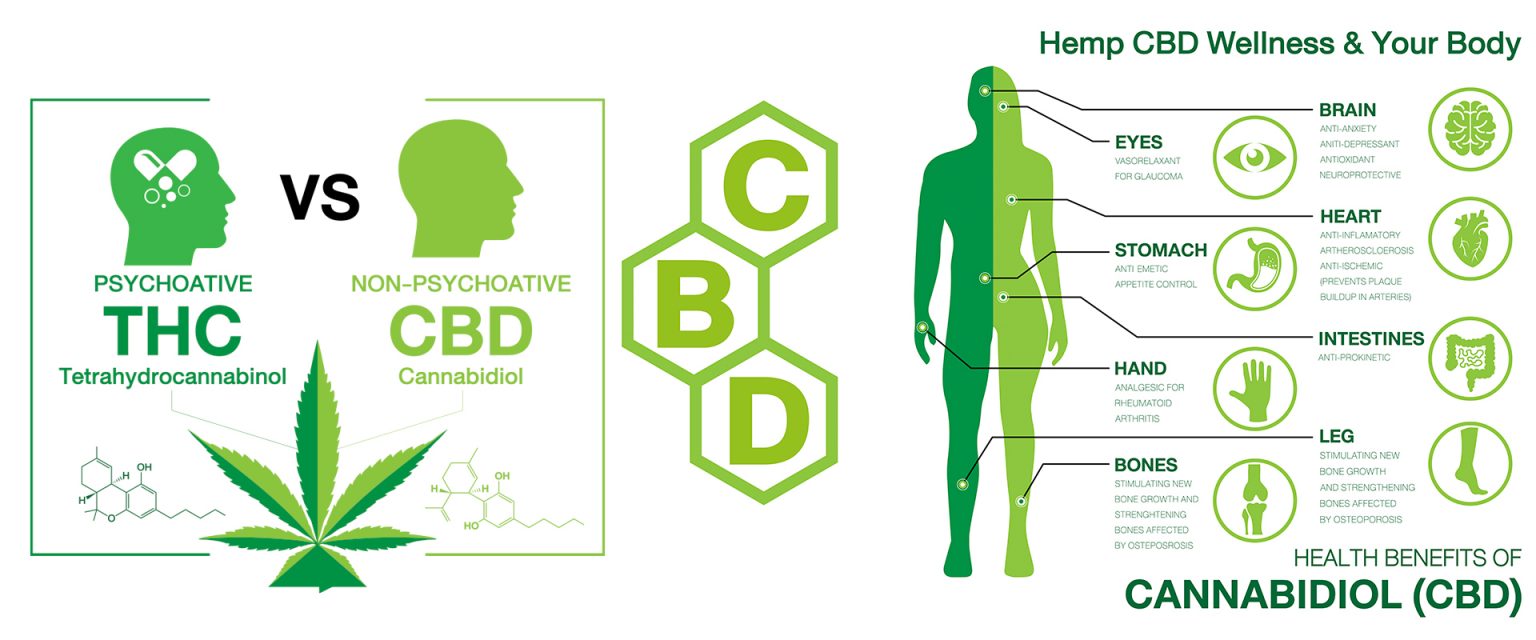Exactly How Quiet Monk CBD Can Support Your Daily Wellness Routine
Exactly How Quiet Monk CBD Can Support Your Daily Wellness Routine
Blog Article
The Role of CBD Products in Encouraging Health and Alleviating Pain: A Comprehensive Check Out Their Benefits
The appearance of CBD items has actually stimulated substantial passion within the health care neighborhood, mainly due to their potential in advertising health and easing pain. Checking out these aspects might reveal not only the level of CBD's therapeutic capacity yet also its ramifications for future wellness practices.
Recognizing CBD and Its Characteristic
CBD, or cannabidiol, is a substance acquired from the cannabis plant, known for its prospective healing buildings. Unlike its even more famous counterpart, THC (tetrahydrocannabinol), CBD is non-psychoactive, indicating it does not generate the "high" typically connected with cannabis use. This particular makes CBD especially appealing for those seeking remedy for various wellness issues without the envigorating results.
CBD interacts with the endocannabinoid system (ECS) in the human body, which plays a vital duty in maintaining homeostasis. The ECS makes up receptors, endocannabinoids, and enzymes that work together to control different physiological processes, including mood, rest, and immune feedback. Research indicates that CBD might affect the ECS by boosting the degrees of endocannabinoids or by regulating receptor task.
In enhancement to its interaction with the ECS, CBD displays anti-inflammatory, antioxidant, and neuroprotective buildings. These features add to its expanding popularity in the wellness industry, particularly for handling problems such as stress and anxiety, persistent pain, and sleep problems. As clinical query into CBD continues, its possible applications in wellness and wellness remain a dynamic location of exploration.
Mechanisms of Discomfort Alleviation
The systems of pain alleviation connected with cannabidiol (CBD) entail complicated interactions within the body's endocannabinoid system (ECS) By binding to these receptors, CBD might modulate natural chemical release and reduce the transmission of pain signals.
In Addition, CBD has been revealed to possess anti-inflammatory residential or commercial properties, which add to its analgesic effects. By hindering the production of pro-inflammatory cytokines and moderators, CBD can aid ease pain connected with inflammatory problems. Furthermore, CBD might enhance the levels of endocannabinoids, such as anandamide, which can better promote discomfort alleviation with raised receptor activation.
Additionally, CBD's impact on the serotonin system might offer extra paths for discomfort modulation. By interacting with serotonin receptors, CBD may alleviate pain and improve general well-being. Jointly, these devices illustrate how CBD can function as a complex representative in the administration of discomfort, offering potential advantages for individuals experiencing different agonizing problems.
CBD for Anxiety Monitoring
Anxiousness disorders influence countless individuals worldwide, prompting the expedition of different therapy alternatives, consisting of all-natural remedies. Cannabidiol (CBD), a non-psychoactive substance stemmed from the cannabis plant, has actually obtained attention for its potential role in anxiety administration. Research study suggests that CBD may engage with the endocannabinoid system, which plays an essential role in regulating mood and tension reactions.

Unlike standard anxiolytic medicines, CBD provides a look at this now positive negative effects account, making it an attractive option for those seeking option treatments. Customers usually report sensation calmer and a lot more kicked back without the sedation frequently related to pharmaceutical treatments. While further study is needed to develop optimal dosages and long-lasting impacts, the existing evidence highlights CBD's possible as a beneficial tool in managing anxiousness conditions and enhancing general mental health.
Anti-Inflammatory Impacts of CBD
Numerous researches have highlighted the anti-inflammatory buildings of cannabidiol (CBD), suggesting its potential as a healing agent for numerous inflammatory conditions. CBD connects with the body's endocannabinoid system, which plays an essential function in controling immune responses and swelling. By modulating the task of certain receptors, CBD can help in reducing the production of pro-inflammatory cytokines and prevent the activation of immune cells that add to click here for info inflammation.
This anti-inflammatory result is especially useful for people experiencing persistent inflammatory diseases such as arthritis, numerous sclerosis, and inflammatory bowel illness - Quiet Monk CBD. By alleviating swelling, CBD not just helps to minimize pain however additionally improves general top quality of life for affected people
In addition, CBD's non-psychoactive nature makes it an appealing alternative for those looking for relief without the intoxicating results associated with tetrahydrocannabinol (THC) As a natural compound, CBD uses a promising option to standard anti-inflammatory medicines, which frequently include an array of negative effects. Continued research study right into the details mechanisms by which CBD exerts its anti-inflammatory impacts will certainly further illuminate its potential as a risk-free and efficient therapy for numerous inflammatory problems.
Current Research and Findings
Recent investigations into the therapeutic potential of cannabidiol (CBD) have yielded promising results, highlighting its effectiveness in taking care of numerous health issues, especially pain and inflammation. Various research studies have highlighted CBD's ability to modulate pain pathways and decrease inflammatory reactions, making it a candidate for treating conditions such as arthritis, neuropathy, and persistent discomfort disorders.
An organized testimonial released in 2023 manufactured findings from numerous professional tests, disclosing that CBD dramatically relieved discomfort in participants with chronic conditions, frequently creating fewer negative effects than standard anesthetics. Moreover, research study suggests that CBD get more may interact with the endocannabinoid system, influencing pain assumption and inflammatory procedures.

Verdict
In conclusion, CBD items show significant possibility in promoting wellness and minimizing discomfort with their unique communication with the endocannabinoid system. Their anti-inflammatory, antioxidant, and neuroprotective residential properties add to efficient pain inflection and anxiety decrease. Ongoing research study proceeds to uncover the considerable benefits of CBD, establishing it as an appealing all-natural solution. As understanding of its devices deepens, CBD's role in boosting total wellness comes to be progressively noticeable in both clinical and therapeutic contexts.
Report this page